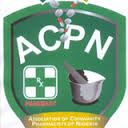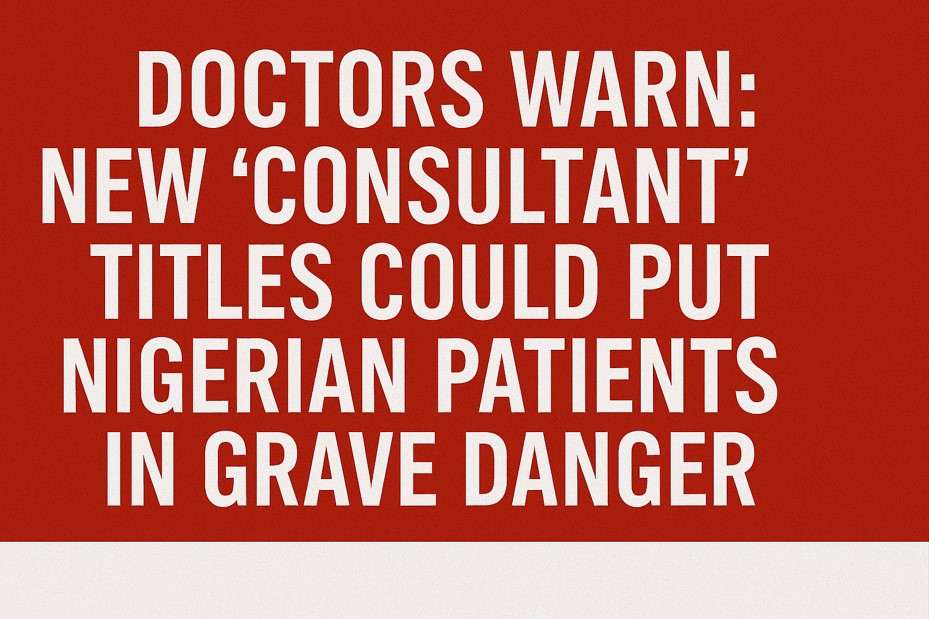President, of the Medical and Dental Consultants Association of Nigeria, (MDCAN ), Dr Victor Makanjuola, has called for a quick, meaningful and sustainable intervention to save medical education in Nigeria.
He stated that the general standard of tertiary education in Nigeria is at a crossroads, particularly with the crises in the education sector, adding that the challenges seem quite daunting when weighed against the background of unrestricted emigration of medical teachers in search of greener pastures.
Speaking at the 2022 medical education summit, Makanjuola lamented that the already precarious situation has been made worse by an unpredictable academic calendar, as a result of the incessant industrial actions by multiple university unions, outdated academic curricula and perennial underfunding of the universities and medical colleges.
He noted that the difficulties associated with accessing research grants domiciled within the medical colleges have added to the list of the setbacks faced by medical and other tertiary education in Nigeria, stressing that deliberate innovative approaches from a wide range of stakeholders are required to make any meaningful and sustainable intervention to save medical education in Nigeria.
He said: “With this 2022 medical education summit, MDCAN seeks to contribute its quota in the search for answers to this key national challenge. As an association, MDCAN, therefore, sees an urgent need to rethink the underpinning principles and philosophies that drive medical education in Nigeria.
“There are critical questions we must provide answers to concerning medical education in our country. Is the current curriculum at pace with the modern reality”.
In his presentation, a consultant in Renal Medicine with the Salford Royal University Hospital Manchester, United Kingdom, Prof. Ibinaries Erekosima, said that medical education has thrived in Nigeria over the past several decades and that the number of medical schools has increased from 1 in 1948 to 62 in August 2021-NUC.
He however stated that the poor doctor-patient ratio is regrettable when compared to the ratio of doctors to patients in India (1:2,083) and in the United States (1:500).
He said: “This is cataclysmic, given the fact that currently, contrary to the recommendations of the World Health Organization (WHO) of a ratio of one doctor to 1000 patients, Nigeria has a ratio of one doctor to 1:4,255 patients. In 2018 the estimated total number of 47,2119 following population ratio is 1:250,000.
Significant changes have taken place in undergraduate medical education worldwide and this poses great challenges to policymakers, medical schools and teachers on the training of tomorrow’s doctors”.
Erekosima disclosed that it is estimated that at least 2,000 medical doctors leave Nigeria yearly and no fewer than 5,407 Nigerian-trained doctors are currently working in the United Kingdom.
“This means that Nigeria medics constitute 3.9% of the 137,000 foreign staff of 202 nationalities working alongside British doctors and nurses. It is estimated that it costs N750, 000 to train a consultant at the colleges in Nigeria compared to the USA where it currently costs $ 1.1 million to train a medical student.
“This saves Nigeria billions of naira and foreign exchange. There is increasing concern about the quality of undergraduate medical students’ training and the reduction of the level of knowledge, skill as well as professional conduct of a sizable percentage due to multiple factors such as lack of stakeholders engagement and collaboration, funding, poor supervision from trainers, lack of focus, diligence and difference in medical students.


